
all Products
Cultural & Ethnic Studies
Ethnic Issues
Social Science
How It Feels to Be Free: Black Women Entertainers and the Civil Rights Movement
How It Feels to Be Free: Black Women Entertainers and the Civil Rights Movement
Feldstein, Ruth
Select Format
Regular price
$45.70 USD
Regular price
$48.11 USD
Sale price
$45.70 USD
Unit price
per
Shipping calculated at checkout.
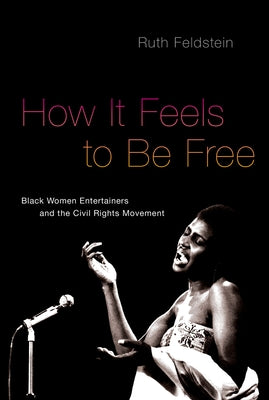
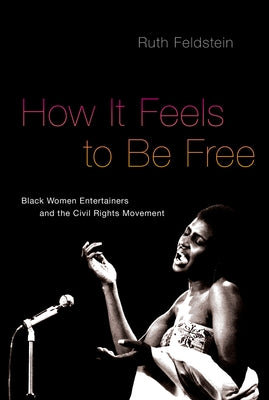
Winner of the Benjamin L. Hooks National Book Award
Winnter of the Michael Nelson Prize of the International Association for Media and History In 1964, Nina Simone sat at a piano in New York's Carnegie Hall to play what she called a "show tune." Then she began to sing: "Alabama's got me so upset/Tennessee made me lose my rest/And everybody knows about Mississippi Goddam!" Simone, and her song, became icons of the civil rights movement. But her confrontational style was not the only path taken by black women entertainers. In How It Feels to Be Free, Ruth Feldstein examines celebrated black women performers, illuminating the risks they took, their roles at home and abroad, and the ways that they raised the issue of gender amid their demands for black liberation. Feldstein focuses on six women who made names for themselves in the music, film, and television industries: Simone, Lena Horne, Miriam Makeba, Abbey Lincoln, Diahann Carroll, and Cicely Tyson. These women did not simply mirror black activism; their performances helped constitute the era's political history. Makeba connected America's struggle for civil rights to the fight against apartheid in South Africa, while Simone sparked high-profile controversy with her incendiary lyrics. Yet Feldstein finds nuance in their careers. In 1968, Hollywood cast the outspoken Lincoln as a maid to a white family in For Love of Ivy, adding a layer of complication to the film. That same year, Diahann Carroll took on the starring role in the television series Julia. Was Julia a landmark for casting a black woman or for treating her race as unimportant? The answer is not clear-cut. Yet audiences gave broader meaning to what sometimes seemed to be apolitical performances. How It Feels to Be Free demonstrates that entertainment was not always just entertainment and that "We Shall Overcome" was not the only soundtrack to the civil rights movement. By putting black women performances at center stage, Feldstein sheds light on the meanings of black womanhood in a revolutionary time.
Winnter of the Michael Nelson Prize of the International Association for Media and History In 1964, Nina Simone sat at a piano in New York's Carnegie Hall to play what she called a "show tune." Then she began to sing: "Alabama's got me so upset/Tennessee made me lose my rest/And everybody knows about Mississippi Goddam!" Simone, and her song, became icons of the civil rights movement. But her confrontational style was not the only path taken by black women entertainers. In How It Feels to Be Free, Ruth Feldstein examines celebrated black women performers, illuminating the risks they took, their roles at home and abroad, and the ways that they raised the issue of gender amid their demands for black liberation. Feldstein focuses on six women who made names for themselves in the music, film, and television industries: Simone, Lena Horne, Miriam Makeba, Abbey Lincoln, Diahann Carroll, and Cicely Tyson. These women did not simply mirror black activism; their performances helped constitute the era's political history. Makeba connected America's struggle for civil rights to the fight against apartheid in South Africa, while Simone sparked high-profile controversy with her incendiary lyrics. Yet Feldstein finds nuance in their careers. In 1968, Hollywood cast the outspoken Lincoln as a maid to a white family in For Love of Ivy, adding a layer of complication to the film. That same year, Diahann Carroll took on the starring role in the television series Julia. Was Julia a landmark for casting a black woman or for treating her race as unimportant? The answer is not clear-cut. Yet audiences gave broader meaning to what sometimes seemed to be apolitical performances. How It Feels to Be Free demonstrates that entertainment was not always just entertainment and that "We Shall Overcome" was not the only soundtrack to the civil rights movement. By putting black women performances at center stage, Feldstein sheds light on the meanings of black womanhood in a revolutionary time.
Accessories:
No Accessory
Publisher
OXFORD UNIV PR
Bisac Major Subject
Social Science
Bisac Minor Subject
Ethnic Studies - American - African American Studies
Binding Type
Paperback
Country Of Origin
US
Number Of Units
1
Length
9.2 Inches
Barcode Indicator
EAN
Width
6.1 Inches
Publication Date
1970-01-01
Height
0.8 Inches
ISBN 10
0190610727
Weight
1.0 Pounds
Book EAN
9780190610722
Target Audiance
Adults
User reviews will be displayed here...
Related products or products you might find interesting

20% OFF
The Bible Recap: Deepen Your Understanding of God's Attributes from Every Book in the Old Testament
Cobble, Tara
$17.21 USD Shop Now
Art & Art Instruction

Art & Art Instruction

20% OFF

Architecture
Window Shopping with Helen Keller: Architecture and Disability in Modern Culture
Serlin, David
$121.96 USD Shop Now
Art & Art Instruction

Biography / Autobiography
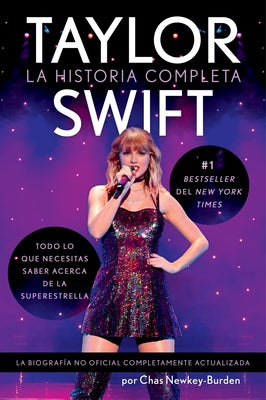
Biography / Autobiography
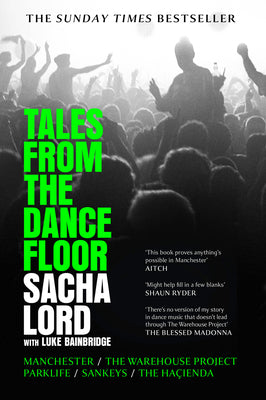
Biography / Autobiography
Tales from the Dancefloor: Manchester / The Warehouse Project / Parklife / Sankeys / The Ha
Lord, Sacha
$30.00 USD Shop Now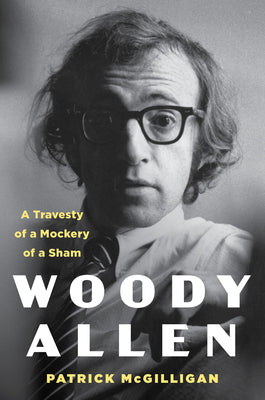
Biography / Autobiography




